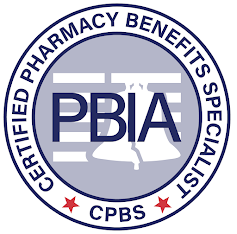News and notes from around the interweb:
- Drug Expenditure Dynamics 1995–2020
- Employer strategies to manage costs for rare diseases. Specialty medications for costly diseases such as cystic fibrosis, hemophilia, rheumatoid arthritis, and multiple sclerosis account for close to 50% of the total drug spend in America. While medications for these rare diseases can have a significant impact on health outcomes and improved quality of life, they often come at a steep price for employers. With growing concerns about the rising costs, employers need to have strategies in place to manage.
While the level of drug expenditure is closely watched and often commented upon, the composition of that expenditure and its dynamics are not as well understood. Typically, official statistics of drug spending only include drugs dispensed in pharmacies and do not include drugs used in hospitals, an issue which raises questions about their representativeness of total drug spending. In this report, for the first time, we have included estimates of total drug spending, including hospitals and net of discounts and rebates. These estimates have been based on official statistics from government agencies in the countries where available, in some cases not previously published internationally.
-

Join the Movement! Study finds significant variation in how payers are using step therapy. Insurers’ use of step therapy for specialty drugs varies widely, according to a new study. Insurers deploy step therapy as a key tool to manage drug costs.
On average, insurers required 1.5 steps in their protocols, with 66.6% of policies requiring a single step. Of the remaining policies, 22.7% required two steps, 7.6% were three steps and 3.1% included four or more steps, according to the study.
- Are drug rebates padding the bill for employers? First, it helps to look at how rebates are positioned. When passed through as intended, rebates are good, reducing the overall cost of a drug for employers and their members. However, as industry players and consultants began correlating PBM performance with maximized rebates, the advantages became less clear. Over time, strings have been attached, leaving employers with fewer dollars returned, less choice, and higher total plan costs. Remarkably, this shift in PBM practices remains widely accepted, with large rebate dollars serving as a substitute for emphasizing total plan savings and lower cost therapies that don’t come with rebates.
- Private insurers pay steep markups for hospital drugs. Hospitals are charging private health insurers “considerable markups” on highly used outpatient drugs like Remicade, Neulasta and Keytruda, according to a new study in JAMA Internal Medicine.
